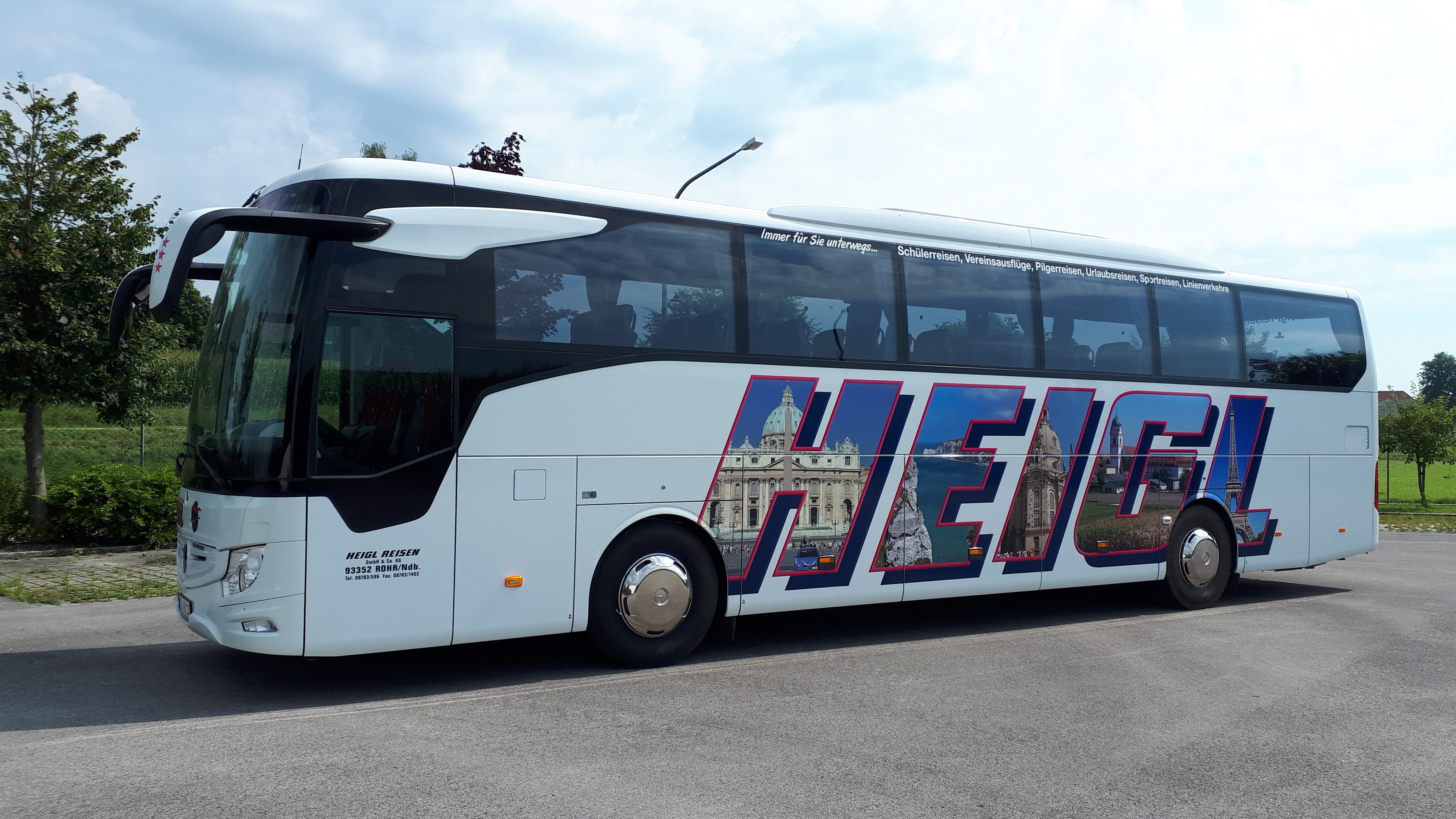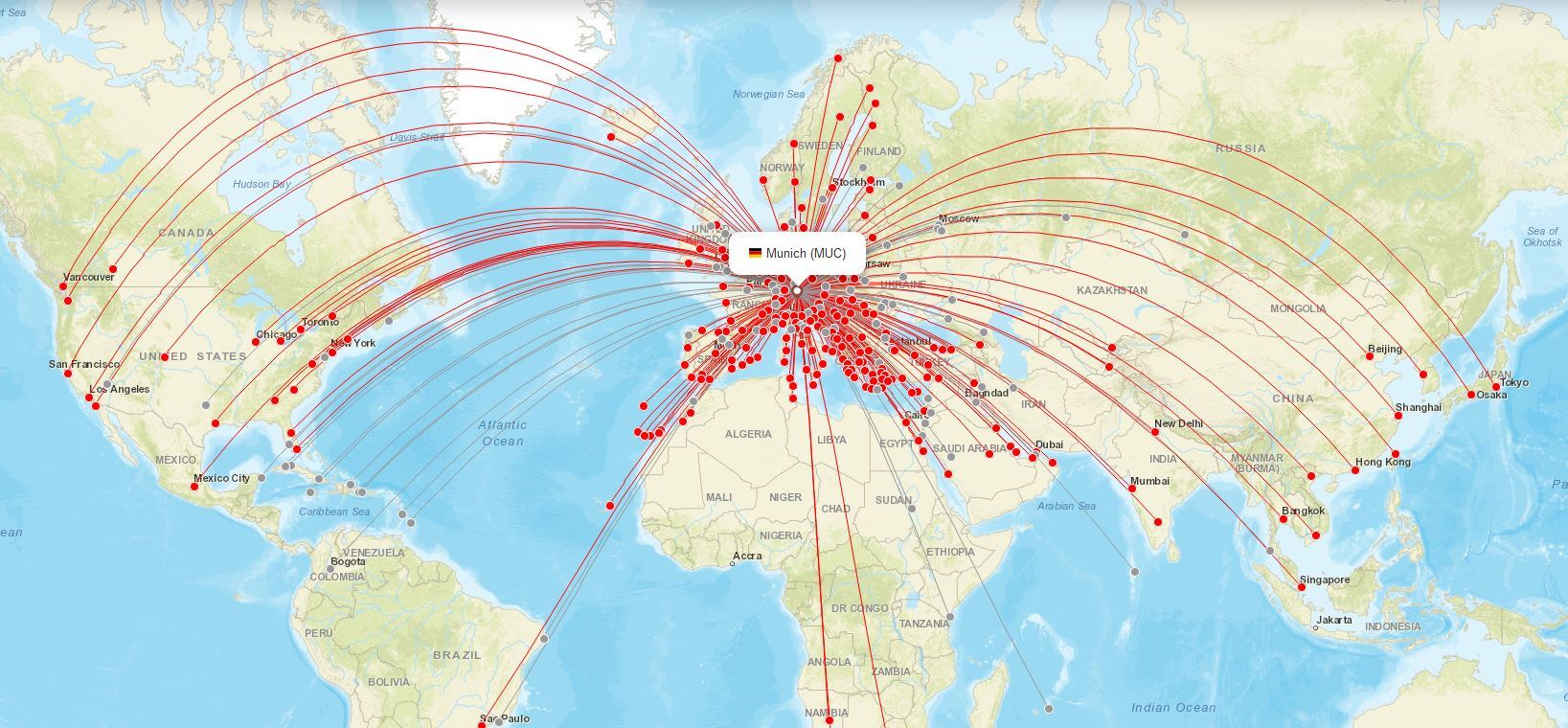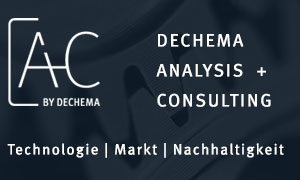About the PPEPPD Conference Series
John O’Connell, who has been part of the community since the beginning, wrote a very entertaining book, published in 2016, about the origins and history of PPEPPD where many anecdotes are shared. A short overview of the conference series and its history is provided here.
Overview
The Conference series provides a forum for academic and industrial researchers to meet and communicate on the status and future trends in properties and phase equilibria research, underlying the design of products or processes. Thermodynamics is the main source of inspiration. Important and distinctive characteristics of PPEPPD conferences include their small scale, their informal atmosphere; the intensity of discussions, and the breadth of their scope. There is fertile exchange of ideas among researchers working in very different scientific disciplines, or working in different industries. The unifying thread is the language of thermodynamics and an interest in the measurement, calculation, and prediction of properties. The goal of all work being discussed is the design of new and better products and processes for sustainable, healthier, longer, safer, and happier living. The object of design may vary widely in nature and scale, e.g.: from new molecules to chemical plants. The conference organizers do their best to balance fundamentals and applications, theory and practice, and to maintain high standards of quality.
The emphasis on both product and process design, follows the shifting paradigms in the chemical engineering profession worldwide. Innovation and excellence are the criteria for selecting contributions. Every effort is made to attract top-notch invited speakers and to screen posters and contributed talks for originality and quality. As a consequence, the conference is not only broad, but also deep. Participants leave the conferences having learned a great deal and eager to return. The format fosters interaction.
We strive for an optimal combination of renewal and continuity. The same speaker is almost never invited to speak at consecutive conferences and talks are not given by members of the International Organizing Committee. New contributors are encouraged. In setting up the program, organizers are keen to highlight promising new areas of technology; at the same time, important advances in traditional areas are also covered. At PPEPPD conferences one finds senior members of the profession alongside novice graduate students. Common meals, and a conference excursion are also designed to promote mixing of participants.
Origins
The origin of the PPEPPD Conferences can be traced to the recognition during the early 1970's that a severe communication gap existed between fundamental and applied aspects of product and process design, namely in the area of properties and phase equilibrium.
The first meeting —supported by the US Engineering Foundation and National Science Foundation— was convened to address this issue. Truman Storvick and Stanley Sandler — both professors of chemical engineering in the USA -- organized this first conference. It was held at Asilomar, USA, in January, 1977. Only 3 of the more than 100 participants were not from the USA.
The contributions and discussions produced at Asilomar were published by the American Chemical Society (T.S. Storvick and S.I. Sandler, "Phase Equilibria and Fluid Properties in the Chemical Industry," ACS Symp. Ser. 60, Washington, D.C., 1977, 537 pp). The volume reveals the depth and breadth of the material covered.
The mood of enthusiasm and collaboration that was established, and the mutual respect of the researchers who participated was also notable. In this spirit, the second conference, organized by Professors Helmut Knapp and Stanley Sandler and the German chemical engineering society (DECHEMA), was held in Berlin (March, 1980).
Professor Knapp had a few years earlier initiated a series of informal "Seminars on Applied Thermodynamics," still held annually in Europe. Berlin was the natural choice for the second conference.
The Berlin conference was highly successful, to a large extent because of the balance in terms of geography (Europe/North America/Asia) and profession (industry/academia) of the participants.
The proceedings were published by DECHEMA (DECHEMA, "Phase Equilibria and Fluid Properties in the Chemical Industry," EFCE Publications Series No. 11, Frankfurt, 1980, 1012 pp).
It was concluded at that time that future conferences should have a three-year periodicity, with locations alternating between North America and Europe. The Chairs for the next two conferences, John O'Connell (U. of Florida, USA, 1983) and Aage Fredenslund (The Technical University of Denmark, 1986) worked together.
The 3rd conference was held in Callaway Gardens, Georgia, USA, in April 1983. Just over half the 196 participants came from universities and the rest were from industry and governmental agencies.
At Callaway Gardens, the conference found a format that was especially suitable for the area of Fluid Properties and Phase Equilibria for Chemical Process Design, an area characterized by its large degree of international collaboration and openness, rather than competition and secrecy. The main elements of the format were: relatively few, but longer, contributions instead of many, shorter papers; poster-sessions with a limited number of contributions preceded by well-prepared introductions from rapporteurs; sessions scheduled for the mornings and evenings, with afternoons free for unscheduled, individual interactions; publication (after review) of the proceedings in a peer reviewed journal; participation, with partial financial support, of promising young researchers in the field; housing, meals and meetings at one location only. The motivation and spirit of these first PPEPPD conferences have been kept ever since even as the series has gone global.
The list of conferences to date:
1977: Asilomar, USA.
1980: Berlin, Germany
1983: Callaway Gardens, USA
1986: Elsinore, Denmark
1989: Banff, Canada
1992: Cortina d’Ampezzo, Italy
1995: Aspen, USA
1998: Nordwijkerhout, Netherlands
2001: Kurashiki, Japan
2004: Snowbird, USA
2007: Hersonissos, Greece
2010: Suzhou, China
2013: Iguazu, Argentina/Brazil
2016: Porto, Portugal
2019: Vancouver, Canada
2023: Tarragona, Spain (postponed from 2022 due to the COVID-19 pandemic)

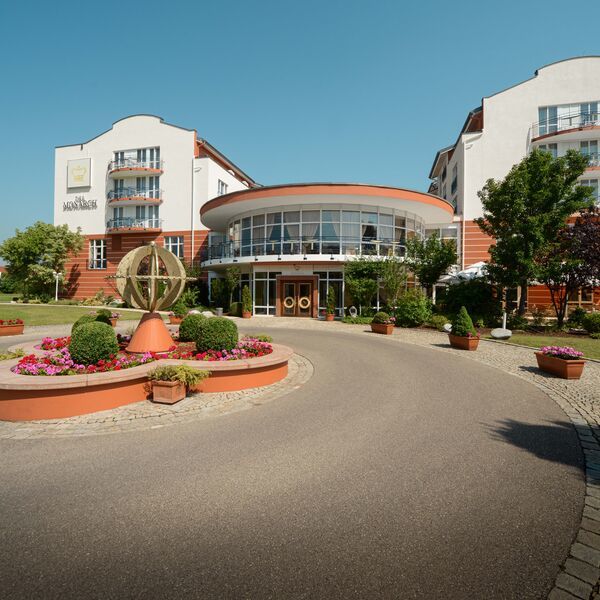
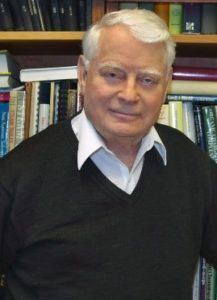
 John M. Prausnitz
John M. Prausnitz